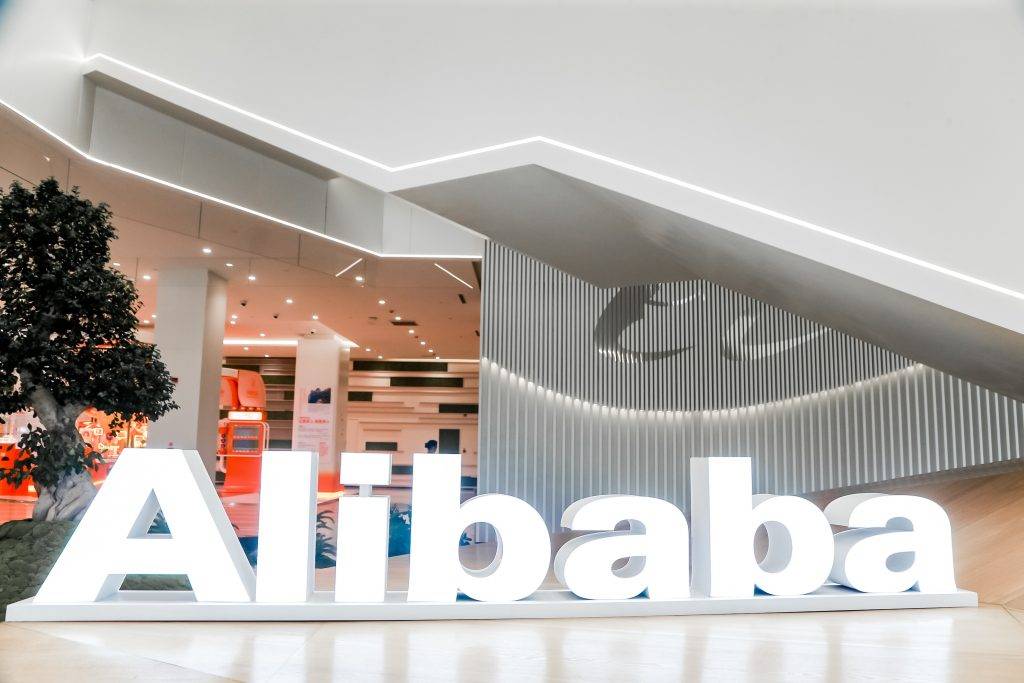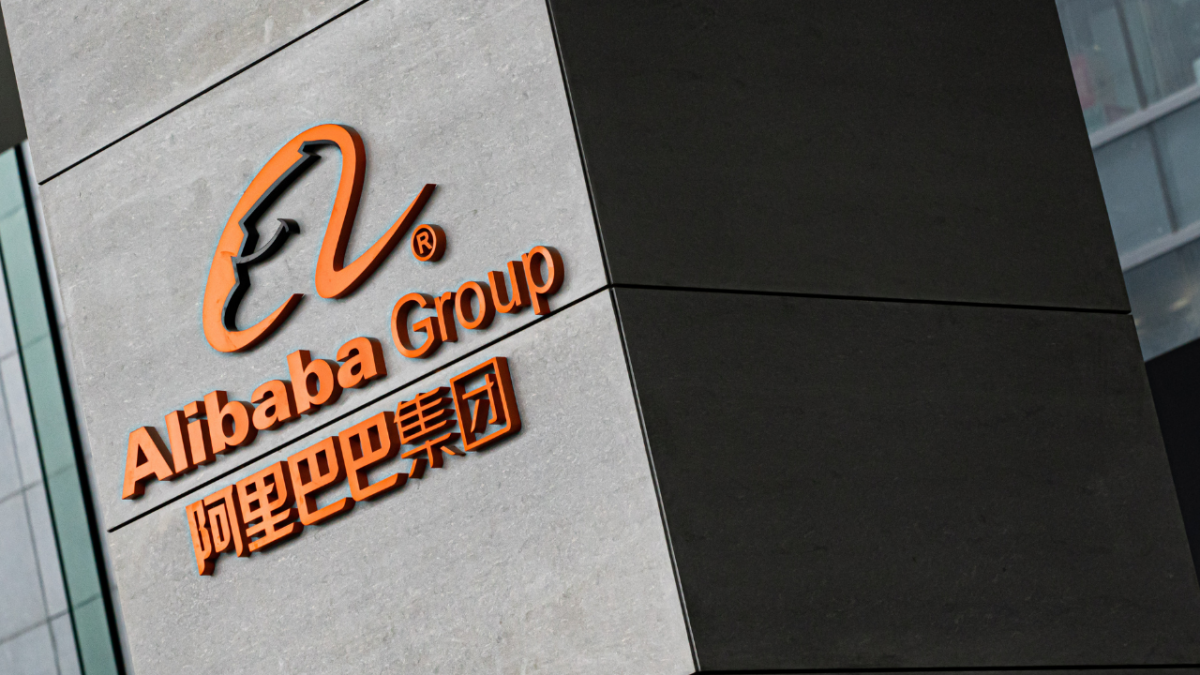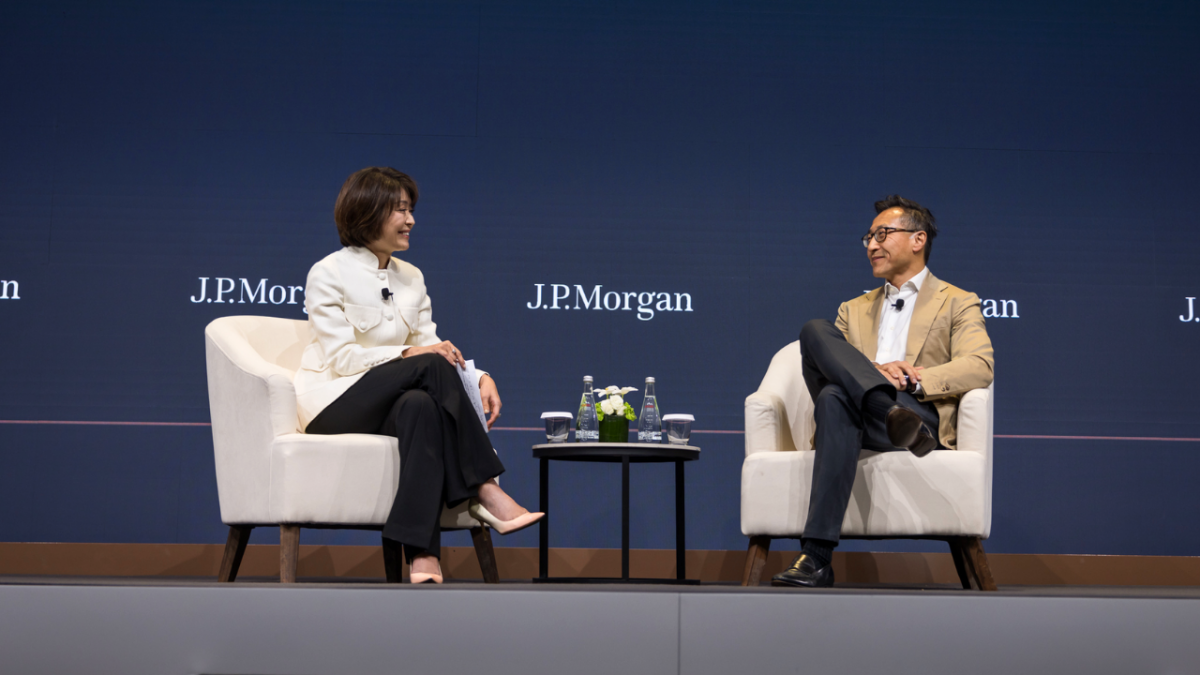


Photo credit: Alibaba Group
Alibaba Group topped Wall Street analysts’ expectations for its first quarter as users thronged to its digital retail marketplace Taobao.
The surge in users bolstered merchants’ confidence to advertise during major campaigns such as the annual 6.18 Shopping Festival. Alibaba reaped the benefits from this burgeoning activity via higher customer management revenues.
During the three months ended June 30, Alibaba’s revenue jumped 14% year-over-year to RMB234.16 billion ($32.29 billion), beating consensus forecasts of roughly RMB224 billion compiled by Bloomberg and Refinitiv.
The holding company’s adjusted EBITA, a non-GAAP measurement of core earnings, climbed 32% year-over-year to RMB45.37 billion for the quarter, topping Refinitiv’s forecast of about RMB39 billion.
Alibaba’s ADRs closed 4.6% higher on the news at $99.21 each in New York trading.
“We view the solid revenues and profit beat delivered in [the quarter] as what the Street has been waiting for,” said Citigroup equity analysts, including Alicia Yap, in a report.
The blow-out numbers stemmed largely from groundwork undertaken earlier in the year.
In March, Alibaba embarked on a major reorganization, turning itself into a holding company of six major business clusters and other businesses. The move frees managers across the umbrella company’s portfolio to react faster to market changes.
“Alibaba delivered a solid quarter as we continue to execute our reorganization, which is beginning to unleash new energy across our businesses,” said Alibaba Group’s Chairman and CEO, Daniel Zhang, in a statement on Thursday.
In the face of fierce competition and China’s slower-than-expected economic recovery from the pandemic, Alibaba’s largest revenue generator, Taobao and Tmall Group, reassessed its strategy.
It unveiled a three-year plan in May to put users first and claw back market share. For instance, the Taobao app is attracting users by augmenting content creation, sharpening price competitiveness and catering to consumers’ need for high-frequency everyday necessities.
“Taobao and Tmall Group will create a virtuous investment cycle,” said the business’s CEO Trudy Dai on a call with analysts, starting from investment in users, leading to more users, then more merchants, then more transactions, then higher revenues and profits, feeding back into further investment in users.
Taobao and Tmall Group’s new approach faced an early test during the 6.18 Shopping Festival, China’s largest retail campaign after 11.11. During the 6.18 promotion, the business generated solid growth in both order volume and average order value. The Taobao app’s average daily active users (DAU) swelled 6.5% year-over-year in June, when 6.18 culminated. Dai said on the conference call that DAU climbed 7% in July, swelled by an influx of users from lower-tier cities, younger and older consumers.
"Our DAU leadership in the e-commerce space continues to widen. More and more users are choosing to use the Taobao app," said Dai, based on third-party data.
First-quarter sales at Taobao and Tmall Group’s China commerce retail business grew 13% year-over-year to RMB109.83 billion, a return to growth after recording a slowdown in the fiscal year ended March 31.
The business’s quarterly customer management revenue, mainly marketing services and commissions on transactions, climbed 10% year-over-year, primarily due to merchants’ greater willingness to invest in advertising; higher online physical goods’ GMV on Taobao and Tmall, excluding unpaid orders; and a successful 6.18. Dai highlighted an increase of over 20% in the daily average number of merchants paying for advertising during the quarter.
Taobao and Tmall's support of SMEs expanded the value-for-money product offerings available to cost-conscious consumers in the quarter.
"Our value-for-money battle will continue and will be an area of major investment," said Dai.
Other businesses within Alibaba’s portfolio also flourished during the quarter.
Alibaba International Digital Commerce Group (AIDC), led by Jiang Fan, said its international commerce retail business’s quarterly revenue soared 60% year-over-year to RMB17.14 billion, while retail plus wholesale revenues jumped 41% to RMB22.12 billion over the same period.
"We strongly believe this is a sustainable trend," said Zhang, noting that one of the business's unique strengths is supply from China.
AIDC's combined order growth for its retail businesses during the quarter climbed around 25% year-over-year. Trendyol, an e-commerce platform in Türkiye, achieved positive operating results for the first time during the quarter.
A broader array of logistics services supported international commerce, such as Cainiao’s recently launched five-day global delivery service. Cainiao’s quarterly revenue grew 34% year-over-year to RMB23.16 billion.
Cloud Intelligence Group, including Alibaba Cloud, DingTalk and other businesses, resumed its growth trajectory, posting quarterly revenues of RMB25.12 billion, up 4% year-over-year.
Alibaba’s businesses also caught a tailwind from signs of more robust consumer confidence and deepening penetration of online e-commerce.
Alibaba noted a “strong recovery” in commuting, travel and offline entertainment. Online travel platform Fliggy’s quarterly revenue grew and its operating results improved.
Quarterly order growth at navigation tool Amap increased rapidly year-over-year. During the Labor Day holiday in May, Amap notched up over 200 million peak daily active users, higher than on previous Labor Day holidays.
Digital Media and Entertainment Group turned a quarterly profit for the first time. Damai, an online ticketing platform for live events in China, staged a strong revenue recovery, driven by increased demand for large-scale offline entertainment events.
Quarterly revenue from Alibaba Pictures’ movie and online platform business grew strongly year-over-year on the back of several blockbusters and robust box-office demand in China. “Lost in the Stars,” a movie co-produced by Alibaba Pictures, was the top performer at China’s box office during the quarter.



Sustainable Growth
Even as revenue growth got back on track, the business groups kept a tight rein on unit costs.
Delivery platform Ele.me’s quarterly losses narrowed year-over-year while unit economics improved at Southeast-Asian e-commerce platform Lazada versus a year earlier.
Alibaba has consistently surpassed quarterly profit forecasts for over a year, largely by lowering unit costs to ensure businesses are on a sustainable and scalable growth curve, said sector analysts.
“Due to the strong business momentum and our focus on operating efficiency across businesses, we achieved robust financial performance in the past quarter,” said Alibaba Group’s Chief Financial Officer, Toby Xu.
The holding company’s first quarter non-GAAP net income swelled 48% year-over-year to RMB44.92 billion, above Bloomberg and Refinitiv’s consensus estimate of about RMB38 billion. Non-GAAP diluted earnings per American Depository Share was RMB17.37, an increase of 48% year-over-year, above consensus estimates of about RMB14.
While the first-quarter numbers were compared to a time when China was fighting the coronavirus pandemic, Alibaba’s performance still comfortably beat expectations across the board.
The earnings report card also reflects Alibaba’s revamped structure. The holding company said Fliggy; Hong Kong-listed Alibaba Health; high-tech grocer Freshippo, retailer Sun Art; department store chain Intime; Intelligent Information Platform; as well as mobile games developer, operator and distributor Lingxi Games are among the businesses classified as “N” in its 1+6+N model.
"The capital market projects we announced last quarter are all underway and we have also been continuing share repurchase activities in the market," said Zhang on his last earnings call with analysts as Alibaba's Chairman and CEO before focusing on leading Cloud Intelligence Group.
This article has been updated to add details throughout
Additional reporting by Elizabeth Utley





